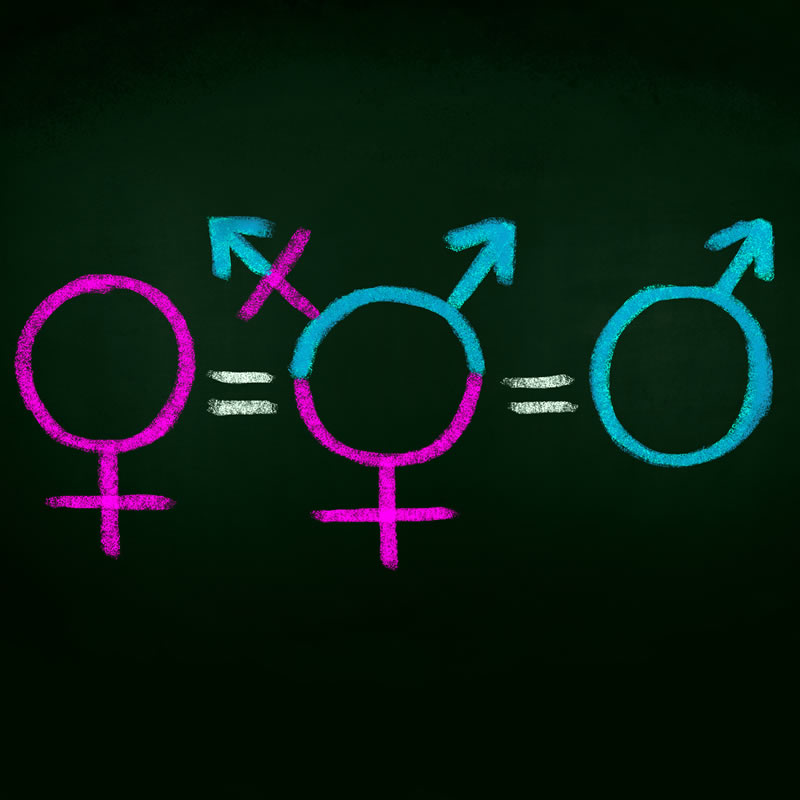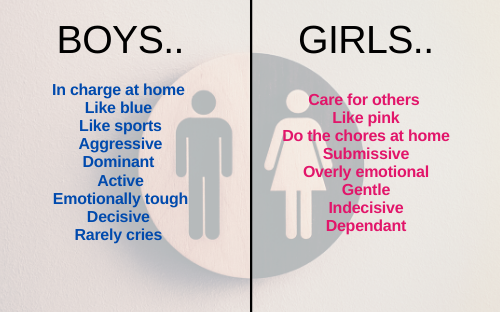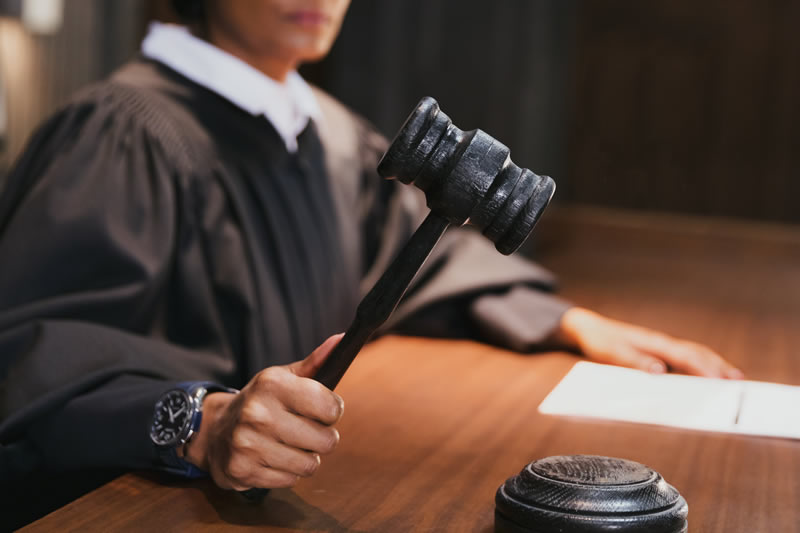GENDER EQUALITY
Gender Equality is about treating people fairly and offering the same opportunities, regardless of their sex or gender.
About Gender and Biological Sex
At birth, people are assigned a gender based on whether their sex characteristics fit with those of a man or woman. This is known as biological sex.
Some people are born as inter-sex, when there is no clear sex characteristic. At birth, the parents are asked to choose which sex their child is assigned, Approximately 1 in 1,500 people are born inter-sex. Currently, in the UK, people can only choose male or female on a birth certificate.
A persons gender can be different from the one they were assigned to at birth and this can change to reflect how a person identifies and feels most comfortable. A person can have their gender legally changed when they are aged 18.
Genders can include:
- Male
- Female
- Non-binary

Are There Differences Between Genders?
Men and women have some biological differences. The main differences are that women can give birth to children.
Some people think that because of the biological differences between men and women, they should be treated differently. It is sometimes thought that different genders should be responsible for different tasks and roles in life and, should act in particular ways, or like certain things. Alongside this, some jobs are often seen as more suited to either men or women.
This is called Gender Stereotyping. Here are some common gender stereotypes:

Why do people have these misconceptions?
In the past, people have thought of gender as certain. People were not able to choose their gender.
There were rules and laws on what men and women could and could not do:
Before Mid-1800s
Women are considered to be the legal property of their husband.
Before early 1900s
Only boys are encouraged into education.
1921:
The Football Association (FA) ban women’s football.
1928
Women in Britain are given an equal right to vote…many years after men.
Until 1975:
In some cases, women were sacked from their job for being pregnant.
These rules supported the idea that men were more important members of society and therefore made the rules to benefit them. Women were unable to make their own choices and decisions and opportunities were not given to them equally.
Some people still think of men and women should still abide by some of these rules and view ‘traditional values’ are good values to live by.
Why is Gender Equality Important?
Misconceptions and ideas about how a person should act because of their given or chosen gender can cause people to face lots of different challenges. Women for example, are more likely to experience violence and Domestic Abuse. Men are at a higher risk of suicide attempts due to the assumptions and expectations placed on them and the way society discourages men to show emotions, this is known as Toxic Masculinity.
Gender inequality is a worldwide problem.
The Law
The Equalities Act 2010 prevents and protects anyone who is being discriminated against because of their gender. So, if you feel you are being discriminated against you can report it and get support.
Treating people equally is not always about treating men and women the same.
People may need additional support in order to be treated equally. For example, if a man and woman have recently had a baby, an employer must allow the woman more time off to recover.



